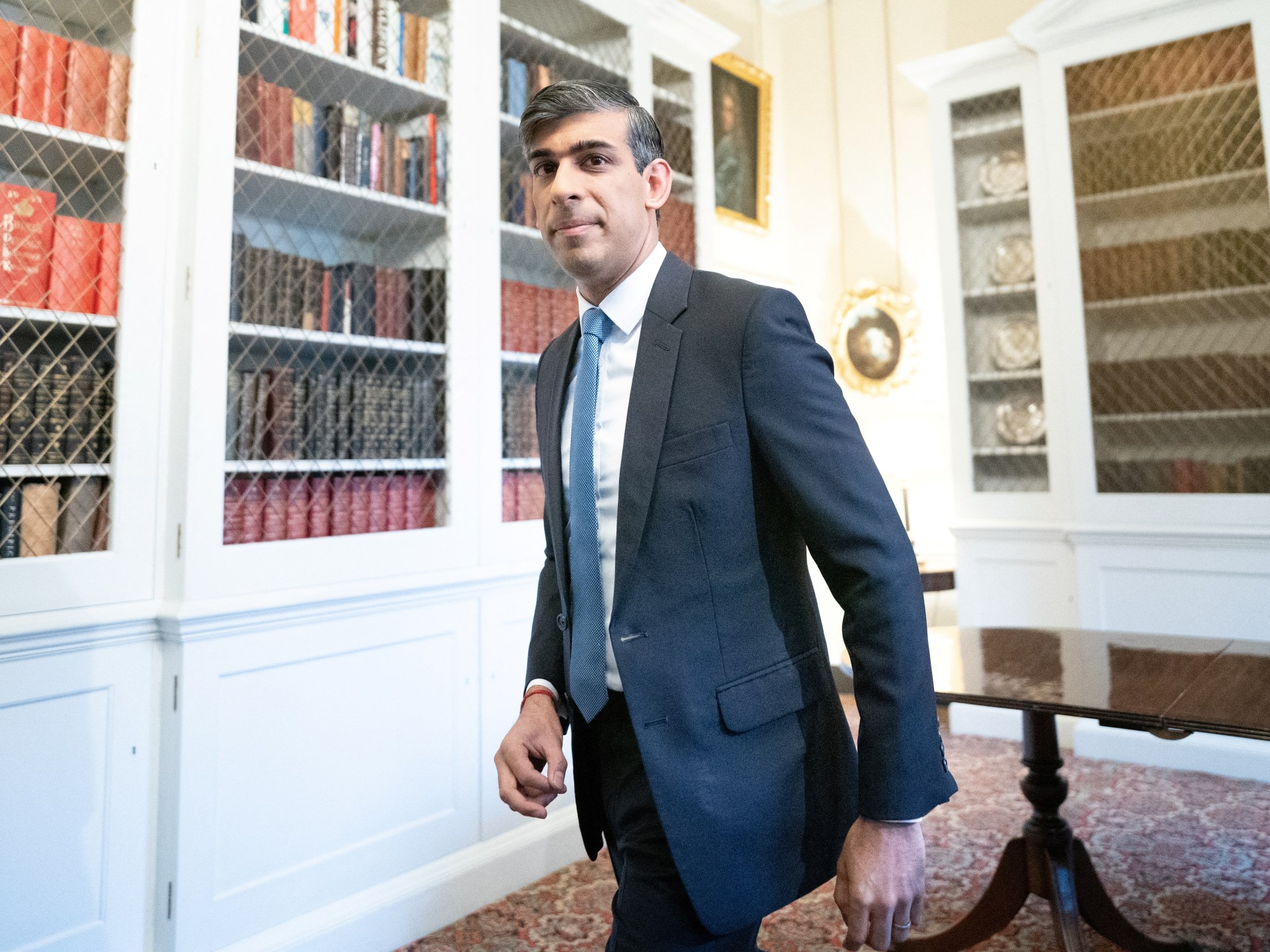
Rumours have swirled around parliament that Prime Minister Rishi Sunak was poised to call an election.
British Prime Minister Rishi Sunak has failed to stem growing speculation that he might call an election in July after ministers cancelled events and either curtailed or delayed foreign trips to attend a government meeting.
On Wednesday, rumours swirled around parliament that the British leader was poised to call an election.
The political editor of the Guardian, citing sources, said Sunak would call an election on July 4.
Earlier, when asked about the rumours, Sunak stuck to his wording that a national election would be held in the second half of 2024. But then foreign minister David Cameron cut short a trip to Albania and the defence minister delayed a foreign visit to attend a cabinet meeting of senior ministers.
That fuelled speculation that the meeting could be required to sign off on a decision to call an election earlier than the October or November dates that most obsservers had seen as most likely.
“Spoiler alert: there is going to be a general election in the second half of this year,” Sunak told parliament.
Sunak’s press secretary declined to be drawn on the rumours.
“I know there is a lot of interest in this, as there has been pretty much every week over the last five months. I will just say the same thing I have always said, which is that I am not going to rule anything in or out,” she told reporters.
British elections must be held at least every five years, but the timing is the prime minister’s choice. If Sunak were to announce one, he’d make a courtesy call on King Charles III, then set a date for the dissolution of Parliament, the formal end of its term. An election would be held 25 working days later.
The strategy is risky. Sunak’s Conservatives are running way behind Labour in the opinion polls, and despite hailing a decline in inflation and an increase in defence spending, they have failed to make a dent in the opposition party’s lead.
Sunak is the third Conservative prime minister since the last election in 2019. He managed to steady the economy, but without boosting the Conservatives’ popularity with the public.
He may take heart from figures released Wednesday showing inflation in the UK fell sharply to 2.3 percent, its lowest level in nearly three years on the back of big declines in domestic bills.
But Labour has held a lead over the Conservatives of around 20 points in opinion polls since late 2021 – before Sunak took office in October of that year.
The party said on Wednesday it was more than ready for an election.
“We are fully ready to go whenever the prime minister calls an election. We have a fully organised and operational campaign ready to go and we think the country is crying out for a general election,” Labour leader Keir Starmer’s spokesperson told reporters.










